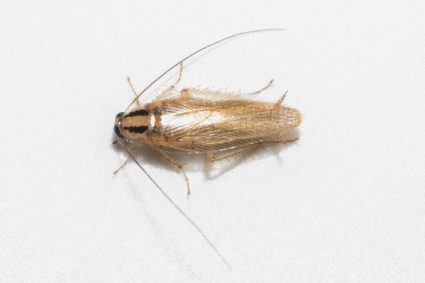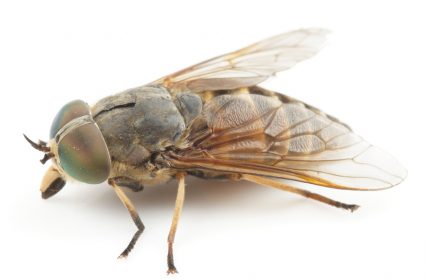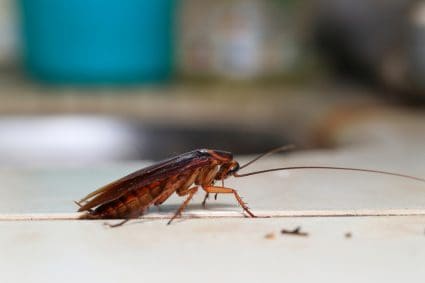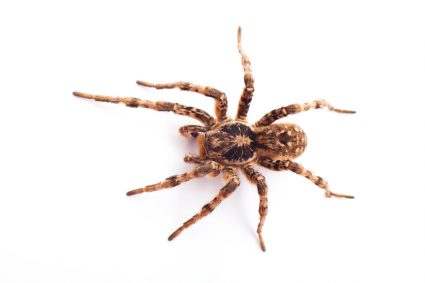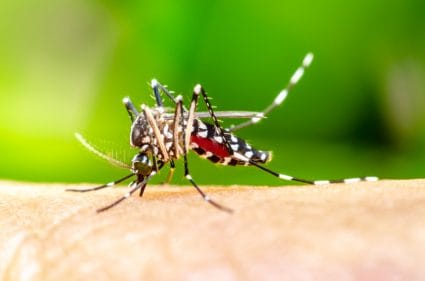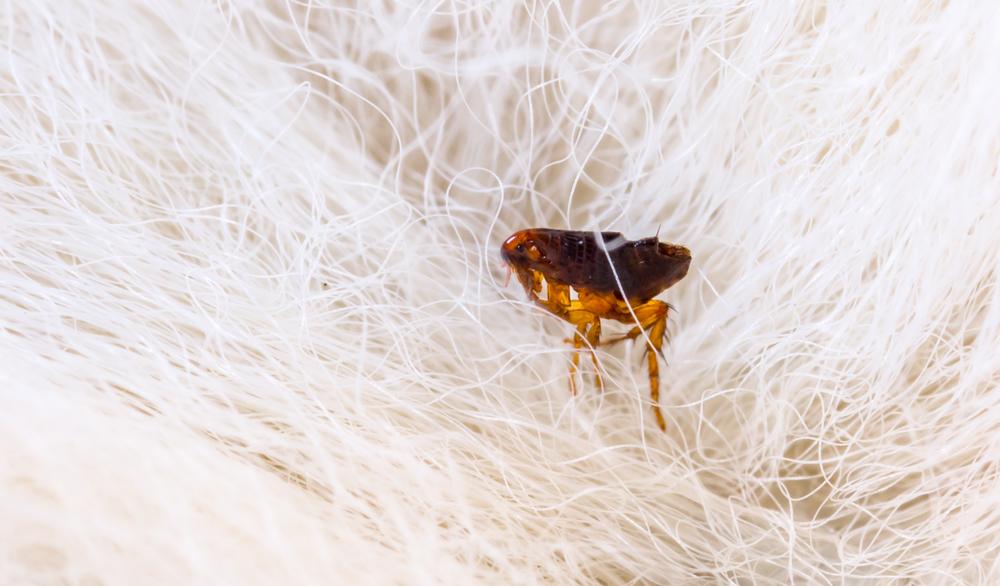
Fleas are tiny, blood-sucking parasites that can be a nuisance in any home, particularly those with pets. With a multitude of flea control products available in the market, it can be a daunting task to select the right one. In this in-depth guide, we will focus on one of the most popular and effective flea control methods – flea sprays. We’ll explore the top-rated sprays, how they work, their safety, and even touch on some home remedies.
Several sprays effectively kill fleas, including Adams Flea & Tick Home Spray, Skout’s Honor Flea Dog & Home Spray, Wondercide Flea & Tick Spray, Vet’s Best Flea and Tick Home Spray, and Raid Flea Killer Plus Carpet & Room Spray. These products use a combination of chemicals and insect growth regulators to kill adult fleas and prevent the development of eggs and larvae. Natural and home remedies can also be effective, but may not be as potent as commercial products. Always use these sprays responsibly and follow the manufacturer’s instructions.
Top-Rated Flea Sprays
There is a vast array of flea sprays available, each with its unique formula and method of action. Some of the most effective flea sprays include:
- Adams Flea & Tick Home Spray: This spray kills fleas, flea eggs, flea larvae, bed bugs, ticks, ants, cockroaches, spiders, mosquitoes, and other listed nuisance pests.
- Skout’s Honor Flea Dog & Home Spray: This plant-based and cruelty-free formula kills fleas and ticks, including larvae and eggs, and is suitable for indoor and outdoor use.
- Wondercide Flea & Tick Spray: This natural spray is made with essential oils and is safe for use on pets and throughout your home.
- Vet’s Best Flea and Tick Home Spray: This plant-based formula with certified natural oils is effective against fleas, ticks, and mosquitoes, and helps prevent future infestations.
- Raid Flea Killer Plus Carpet & Room Spray: This spray kills adult fleas on contact and hatching eggs for up to four months on carpet and upholstery.
How Do These Sprays Work?
Flea sprays work by using a combination of chemicals and insect growth regulators to kill adult fleas and prevent the development of eggs and larvae. The active ingredients in flea sprays include chemicals such as fipronil, s-methoprene, imidacloprid, and permethrin. These chemicals target the nervous and respiratory systems of fleas, causing muscle spasms, paralysis, and death.
Are These Sprays Safe to Use Around Pets and Children?
While flea sprays can effectively control and prevent flea infestations, it’s crucial to ensure they are safe for use around pets and children. Many natural and plant-based flea sprays, like Wondercide Indoor Pest Control Spray and Eco Defense USDA Biobased Pest Control Spray, use non-toxic ingredients that are safe for the entire family. However, proper usage and precautions must be taken, particularly ensuring the spray has dried before allowing pets and children back into the treated area.
Potential Side Effects or Risks Associated with Flea Sprays
Like any product, flea sprays may have potential side effects or risks. These can range from mild skin irritation to more serious health concerns if not used properly. Always follow the manufacturer’s instructions and consult with a healthcare provider if side effects occur.
Home Remedies and Natural Flea Sprays
For those seeking a more natural approach, there are several home remedies and natural sprays that can effectively combat flea infestations. These include citrus peel extracts, diatomaceous earth, essential oils, and homemade herbal flea sprays. However, it’s important to remember that while these methods can help control fleas, they may not be as effective as commercial products.
Conclusion
In conclusion, a variety of sprays can effectively kill fleas. From commercial products to natural home remedies, there’s a solution to suit every home and situation. Always remember to use these products responsibly and consult with a veterinarian or pest control professional for the best advice tailored to your specific needs. Flea control requires a comprehensive, integrated approach, and with the right knowledge and tools, you can keep your home flea-free.
Frequently Asked Questions
How often should I use flea sprays in my home?
The frequency of application depends on the severity of the infestation and the specific product’s instructions. Some sprays require weekly applications, while others may only need monthly treatments. Always refer to the manufacturer’s instructions for the best results.
Can I use flea sprays directly on my pets?
Some flea sprays are designed for direct application on pets, while others are intended for environmental use only. Always check the product label and consult with your veterinarian before using a flea spray directly on your pet.
What should I do if my pet ingests some of the flea spray?
If your pet ingests flea spray, contact your veterinarian immediately. They can provide advice based on the specific product and the amount ingested.
Can I use flea sprays if I’m pregnant or nursing?
It’s best to consult with your healthcare provider before using flea sprays if you’re pregnant or nursing. While many sprays use non-toxic ingredients, certain chemicals could potentially pose risks.
Are there any other methods I can use in conjunction with flea sprays to control fleas?
Yes, flea control often requires an integrated approach. This can include regular vacuuming, washing pet bedding, using flea collars or topical treatments on pets, and treating outdoor areas where fleas may breed.


